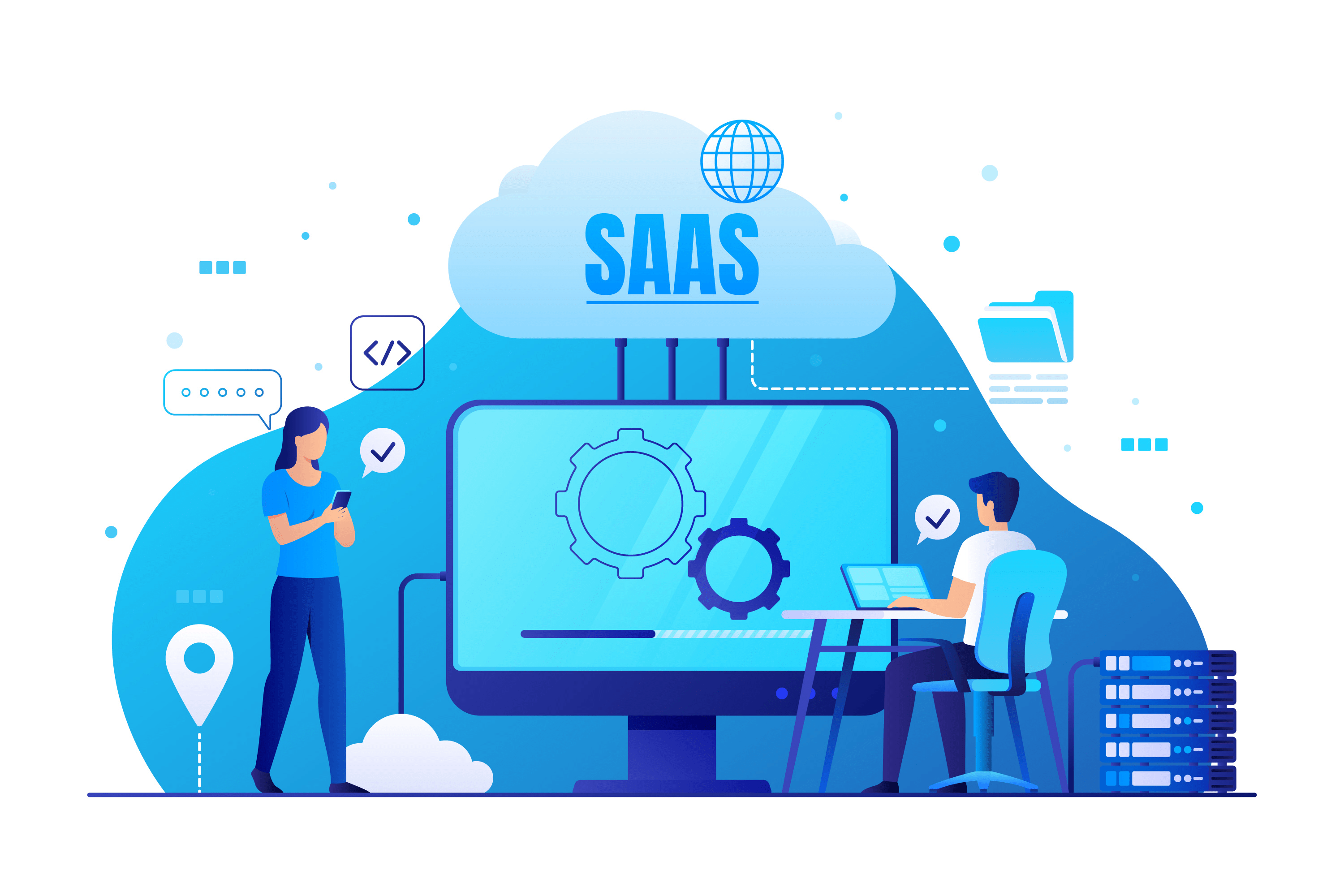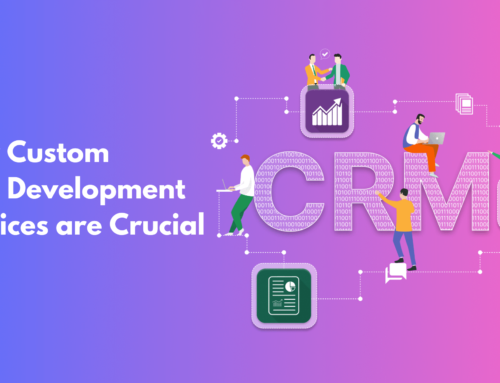Introduction:
In the fast-paced realm of technology, where innovation is the name of the game, software companies face both challenges and opportunities in the digital marketing landscape. This comprehensive guide “2024 Digital Marketing Strategies for Software Companies” aims to provide software companies with a roadmap to navigate and dominate the digital arena. From understanding the industry landscape to adapting to technological advances, each step is crucial for success.
1. Understanding the Software Industry Landscape
The software industry is dynamic, with trends and challenges that shape the marketing landscape. Companies need to grasp the nuances, such as the rapid pace of innovation, customer demands, and competitive pressures.
2. Defining Digital Marketing for Software Companies
Digital marketing for software companies goes beyond conventional strategies. It involves creating a strong online presence, effectively communicating the unique value proposition, and establishing authority in a crowded digital space.
3. Target Audience and Buyer Personas
Identifying the target audience and creating detailed buyer personas are foundational steps. Knowing who the customers are, understanding their pain points, and tailoring marketing efforts accordingly is key.
4. Content Marketing Strategies
Content is king in the digital world. Software companies should focus on creating valuable and engaging content, including blogs, whitepapers, and case studies, to showcase expertise and solve customer problems.
5. Search Engine Optimization (SEO) for Software Companies
SEO is vital for visibility in search engines. Conducting keyword research specific to software products, optimizing on-page content, and building quality backlinks are essential to rank higher and attract the right audience.
6. Social Media Marketing Tactics
Choosing the right social media platforms for software companies is crucial. Engaging content, regular updates, and strategic use of paid advertising on platforms like LinkedIn and Twitter can enhance brand awareness and customer engagement.
7. Email Marketing Best Practices
Building targeted email lists within the software niche and crafting personalized email campaigns help nurture leads and maintain communication. Email marketing is a powerful tool for software companies to stay top-of-mind with their audience.
8. Paid Advertising Strategies
Leveraging Google Ads and Bing Ads for software companies ensures visibility in search engine results. Social media advertising on platforms like Facebook and Instagram can target specific demographics and increase brand visibility.
9. Analytics and Data-Driven Decision Making
Implementing analytics tools is crucial for tracking the performance of marketing efforts. By analyzing data, software companies can make informed decisions, optimize campaigns, and allocate resources effectively.
10. Customer Retention and Loyalty
Building lasting relationships with customers is as important as acquiring new ones. Implementing customer retention strategies and loyalty programs fosters trust and encourages repeat business in the competitive software industry.
11. Adapting to Technological Advances
Staying ahead of technological trends is essential for software companies. Embracing emerging technologies in digital marketing, such as AI-driven tools and automation, ensures companies remain innovative and competitive.
Conclusion:
In the dynamic world of software development, mastering digital marketing is not just a strategy; it’s a necessity. By understanding the unique landscape, identifying target audiences, and implementing effective strategies, software companies can build a robust online presence, connect with their customers, and thrive in the competitive digital space. From content marketing to advanced technologies, each step outlined in this guide contributes to a holistic approach that will propel software companies to success in the ever-evolving digital landscape.


